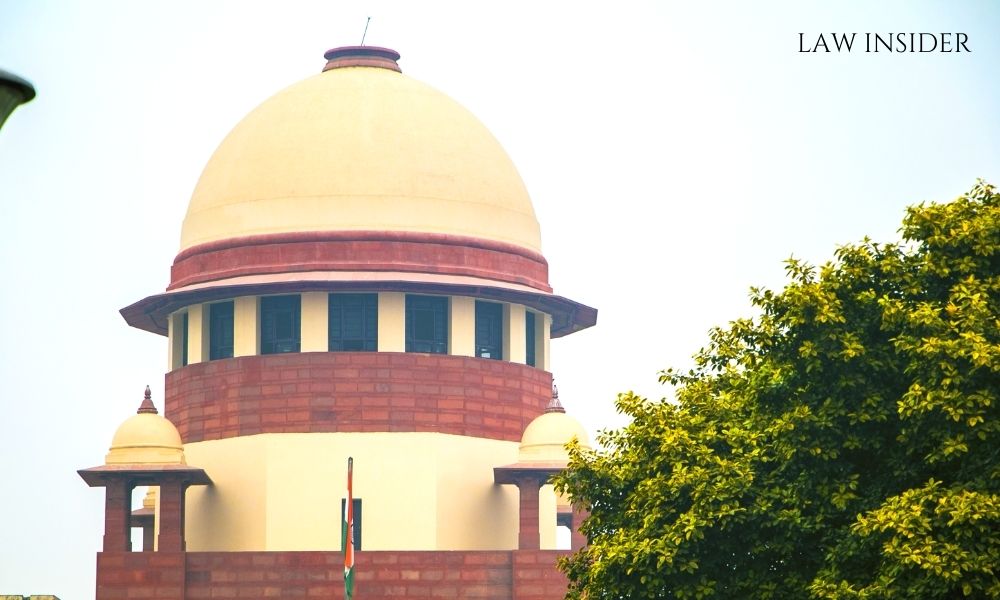LI Network
Published on: 25 September 2023 at 12:11 IST
The Supreme Court has acquitted an accused named Balwinder Singh, citing that confessional statements recorded by NCB (Narcotics Control Bureau) officers under Section 67 of the NDPS Act (Narcotic Drugs and Psychotropic Substances Act, 1985) are not admissible as evidence, especially when there is no other independent incriminating evidence brought forth by the prosecution.
The Court’s decision came in response to two criminal appeals filed by Balwinder Singh and Satnam Singh, challenging a judgment by the Division Bench of the Punjab and Haryana High Court. While the death sentence imposed upon Balwinder Singh was set aside, a rigorous imprisonment of 14 years was imposed upon him. The appeals of the accused were largely dismissed, with a modification in the order of sentence.
The three-Judge Bench, consisting of Justice B.R. Gavai, Justice Hima Kohli, and Justice Prashant Kumar Mishra, held that once confessional statements recorded by NCB officers under Section 67 of the NDPS Act are rejected, as per legal precedent, and no other independent incriminating evidence is presented by the prosecution, the conviction cannot be sustained.
The Court ruled that Balwinder Singh should be acquitted of the charge related to possession of a commercial quantity of heroin under the NDPS Act.
The case originated when the NCB received information about individuals involved in the sale of contraband. A NCB team set up a checkpoint in Chandigarh, and two independent witnesses were involved in the investigation. During the operation, a car was stopped, and two individuals wearing turbans exited the vehicle and fled, while a third individual, identified as Satnam Singh, remained in the car.
The NCB team intercepted the vehicle and conducted a search, finding packets of heroin hidden in various places within the car. Satnam Singh disclosed that he had brought the heroin from Amritsar with the help of Balwinder Singh for sale in Chandigarh.
The Supreme Court determined that the prosecution had provided sufficient evidence to prove that Satnam Singh had knowledge of the car’s use for transporting narcotics. Consequently, the presumption under Section 35 of the NDPS Act was drawn against him, establishing a culpable mental state.
The Court also emphasized that the inclusion of independent witnesses in the search process, as mandated by sub-section (4) of Section 100 CrPC, was crucial to maintaining the integrity of the search.
In conclusion, the Supreme Court acquitted Balwinder Singh and upheld the judgment of the High Court, while dismissing Satnam Singh’s appeal.
Case Title: Balwinder Singh (Binda) v. The Narcotics Control Bureau
Also Read: Important Provisions of NDPS Act, 1985 – Law Insider India

